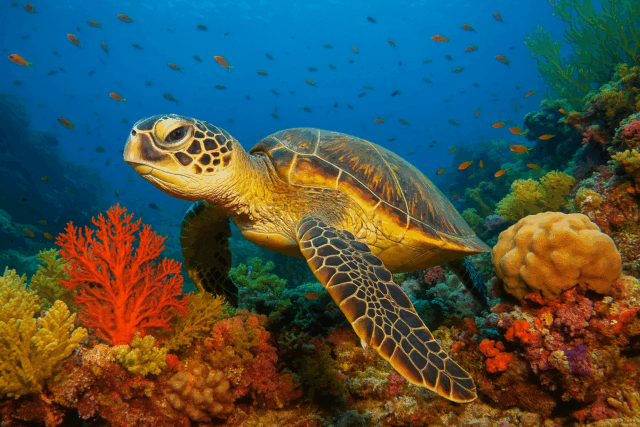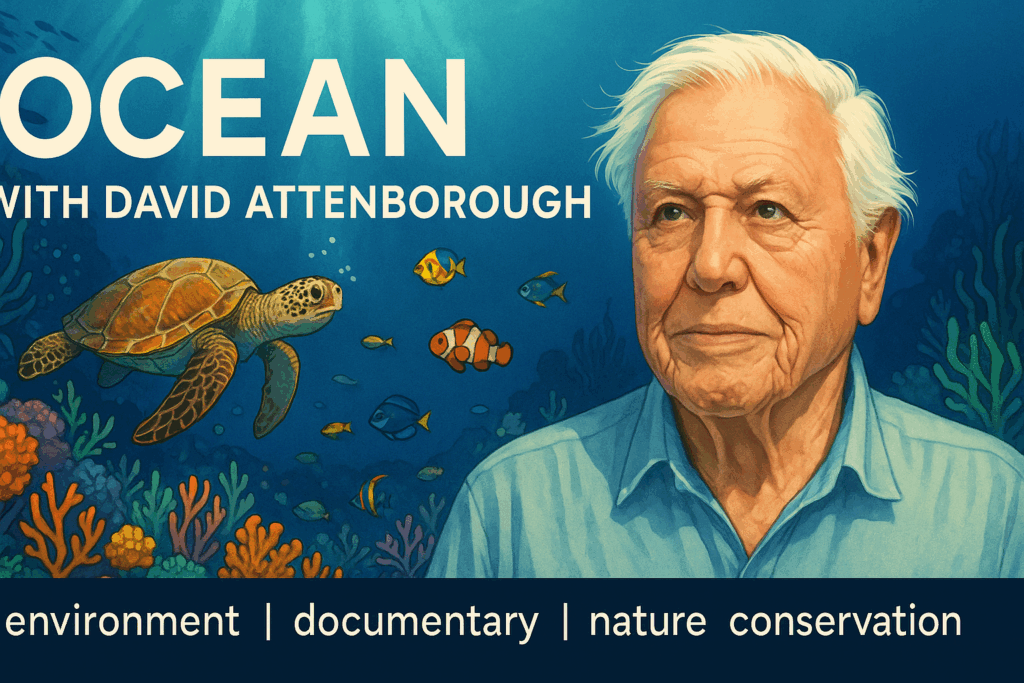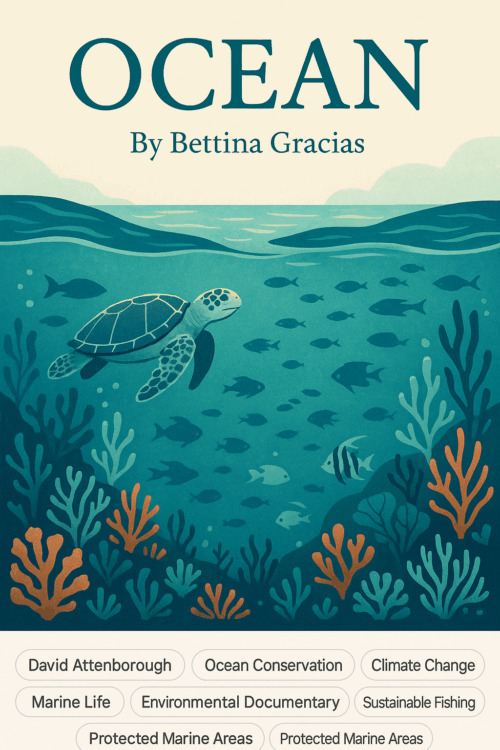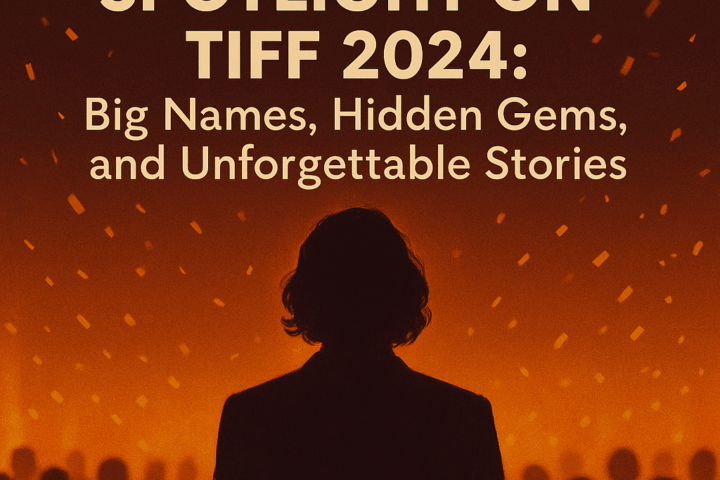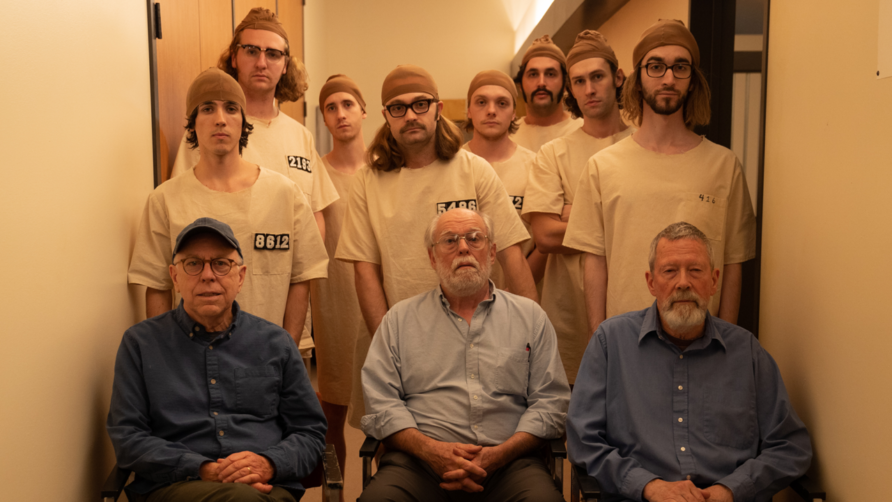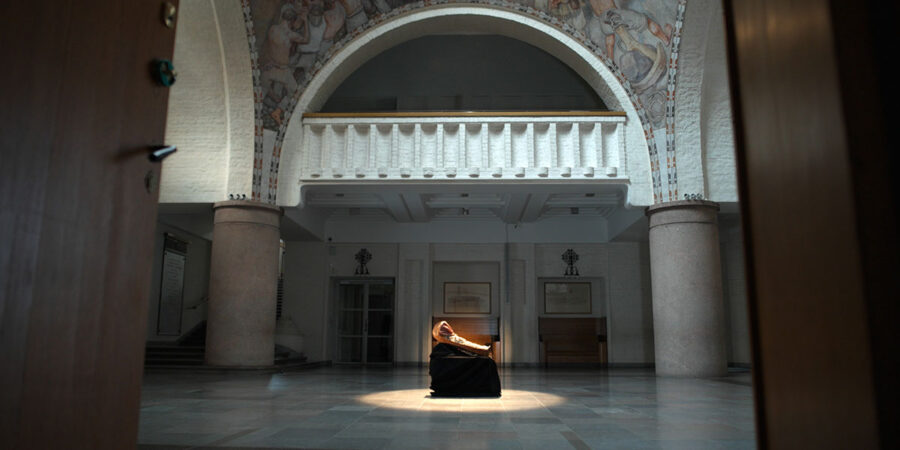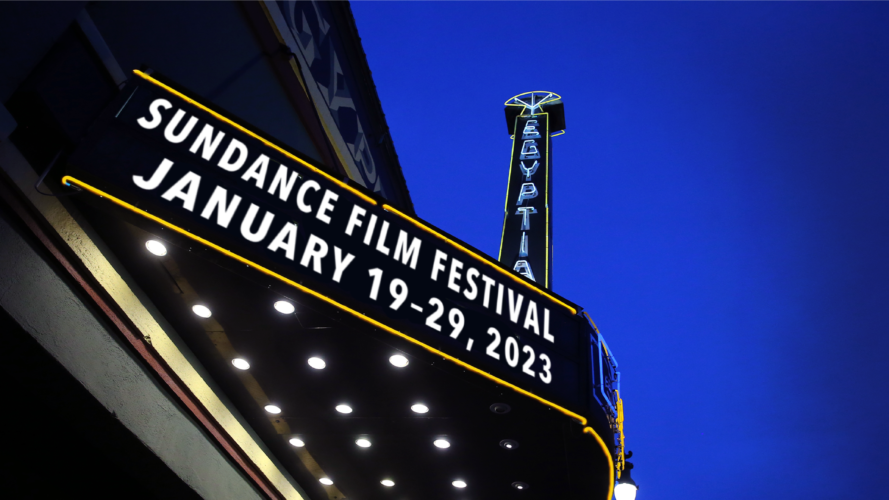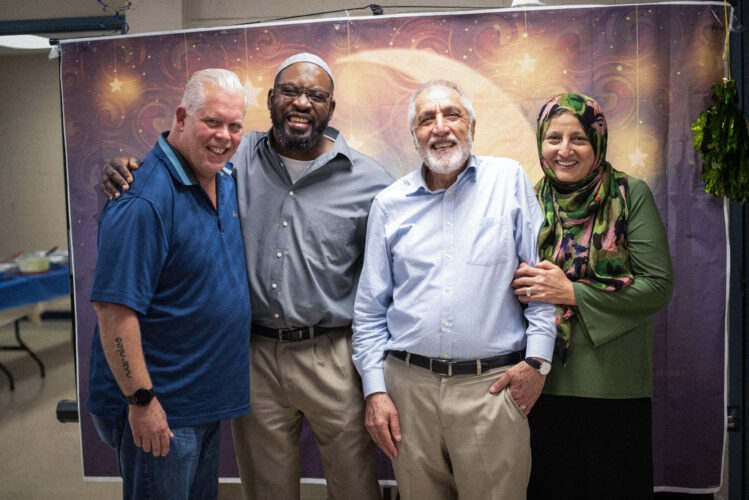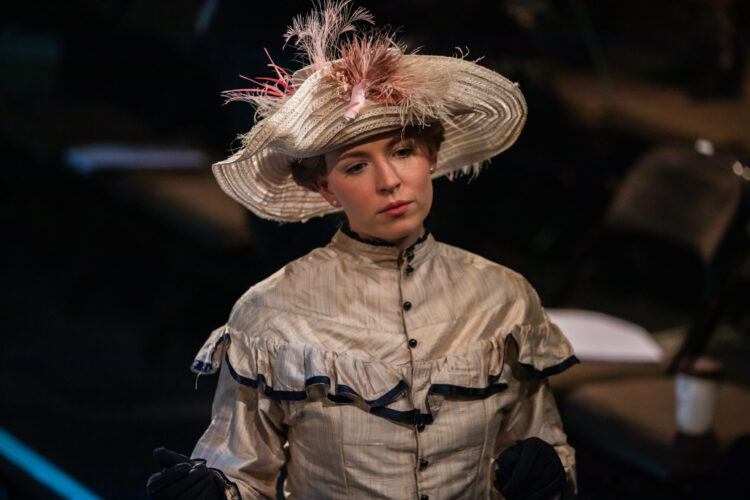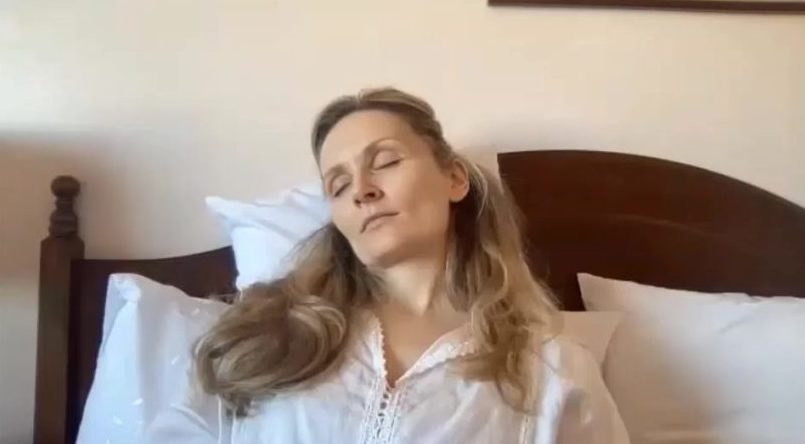Ocean
By Bettina Gracias
David Attenborough is 99 years old this year. In his film, Ocean, he describes himself as having realized, in his 100th year on this planet, that the Oceans are the most important eco-system on earth and have the capacity to save us from ourselves. Despite everything our society has thrown at its own home, in what appears to be a senseless effort to destroy it, Attenborough says that the Oceans still give him hope.
His film is both soul-destroying, unbearably bleak and yet, hopeful. Terrifying images of sea-trawlers destroying the ocean beds, are more horrifying and depressing than any horror film. Seeing these monsters turning gorgeous coral reefs and multicoloured sea gardens full of life into deserted, post-nuclear, nightmares is painful. Witnessing poor turtles getting caught up in the nets of trawlers and then simply discarded with no hope reflects the very worst our money-orientated society can offer.
But amazingly, there is hope. The film shows us an area of ocean that is protected from any fishing off the coast in Hawai’i. Miraculously, the marine biologists studying this stretch of water have found that it can regenerate itself, if left alone, in only 5 years. The beautiful coral reefs have re-flourished and, excitingly, species that they thought extinct, have reappeared. Fish and sea creatures can venture from thousands of miles away to find sanctuary in this underwater haven.
In West Papua local fishermen took their own initiative to protect their waters, despite the fact that this is where they earn their living. They recognized that the ocean was being depleted and, if they continued to fish as they had, there would eventually be no fish left. This fishing free zone has resulted in another oasis for sea life and coral reefs. The bleak, colourless, trawled seabed, has rejuvenated itself into a colourful wonderland where the local village children swim happily amidst the vibrant fish.
This June, the Nations Ocean Conference will meet in Nice, France, to discuss the preservation of the Oceans. Attenborough says that, at present, only 3% of our oceans are protected from fishing and trawlers, left to revitalize themselves. All we need to preserve our waters and wildlife, according to him, is for 30% of the world’s oceans to be fishing free zones. If we do this, then not only do we save our sea life, but we also protect ourselves, as the ocean’s vegetation absorbs carbon faster than the Amazon Forest and can help with our vast emissions in the fight against climate change.
I hope with Attenborough and his filmmakers, that all our governments watch his brilliant film and make the changes necessary to save this precious planet.The film will premiere on National Geographic on Saturday, June 7, and be available to stream globally the next day, World Oceans Day, on Disney+ and Hulu.OCEAN WITH DAVID ATTENBOROUGH is directed by Toby Nowlan, Keith Scholey and Colin Butfield and produced by Nowlan for Silverback Films.

